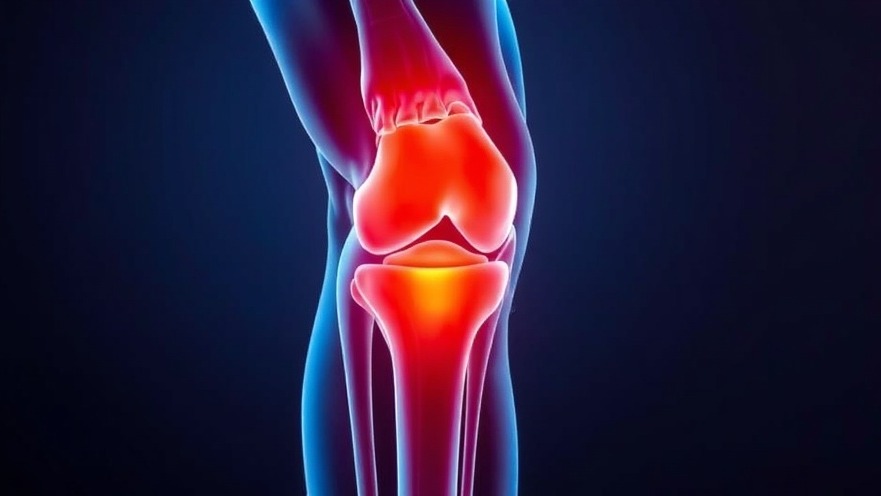
Understanding Menopause and Hormone Replacement Therapy
Every year, approximately 1.5 million women in the U.S. enter their transition to menopause, often beginning as early as their 30s or triggered suddenly by surgical removal of reproductive organs. This phase, though a natural part of aging, brings with it a flurry of symptoms like hot flashes, mood changes, and sleep disturbances. Understanding hormone replacement therapy (HRT) can be vital for women navigating these changes.
What is Hormone Replacement Therapy?
Hormone replacement therapy aims to replenish essential hormones that drop during menopause, primarily estrogen, sometimes combined with progestin when the uterus is intact. Administered via pills, patches, or gels, HRT can significantly ease menopause symptoms and protect against conditions like osteoporosis.
Benefits of HRT: More Than Just Relief
The most apparent advantage of HRT is symptom relief. Studies indicate that HRT can not only reduce hot flashes and night sweats but also improve bone density, thereby decreasing the risk of fractures, particularly critical for women with early onset menopause. Interestingly, HRT has been shown to potentially reduce the risk of Alzheimer’s disease, a benefit that diminishes if treatment starts post-menopause. This underscores the importance of individualized healthcare approaches.
Potential Risks: Weighing the Balance
While the benefits of HRT often outweigh the risks for many women, particularly those under 60 or not predisposed to certain health conditions, it is essential to understand the potential downsides. These may include a slight increase in the risk of blood clots and breast cancer, primarily influenced by the type and duration of hormone therapy. Women interested in HRT should engage in a thorough conversation with healthcare professionals, considering their unique health profiles.
A Personalized Approach to Treatment
Dr. Jessica Chan from Cedars-Sinai emphasizes that HRT should not be a one-size-fits-all solution. It requires shared decision-making based on individual health histories and symptoms. Some women may opt for non-hormonal alternatives such as antidepressants or lifestyle modifications if HRT is deemed inappropriate.
Common Misconceptions About HRT
Many women harbor misconceptions about HRT, often rooted in outdated beliefs stemming from higher-profile studies that presented risks without equally weighing benefits. Today's medical consensus recognizes HRT's role in promoting quality of life during menopause, encouraging informed discussions between patients and their healthcare providers.
Future Considerations: Navigating Menopause with Confidence
As more is learned about menopause and HRT, ongoing education for both patients and practitioners is vital. The goal should always be to ensure each woman feels heard, respected, and equipped to make medical decisions that align with her specific needs and values. Empowering patients through knowledge can drastically enhance patient satisfaction and engagement in their health journeys.
Take Charge of Your Health Journey
If you are a concierge medical practice owner, understanding the nuances of menopause and hormone therapy can not only enhance patient care but also distinguish your practice within the community. Providing comprehensive resources and empathetic guidance about issues such as menopause can solidify your standing as a leading provider of patient-centered care.
Women should feel empowered to discuss their menopause symptoms openly and explore treatment options like HRT with their healthcare providers. As a trusted practitioner, facilitating these conversations can significantly improve health outcomes and patient satisfaction, ultimately enhancing your practice’s reputation.
For more information about advancing patient care in your practice, consider integrating educational workshops around menopause and associated therapies, encouraging a culture of informed healthcare agility.
 Add Row
Add Row  Add
Add 






Write A Comment